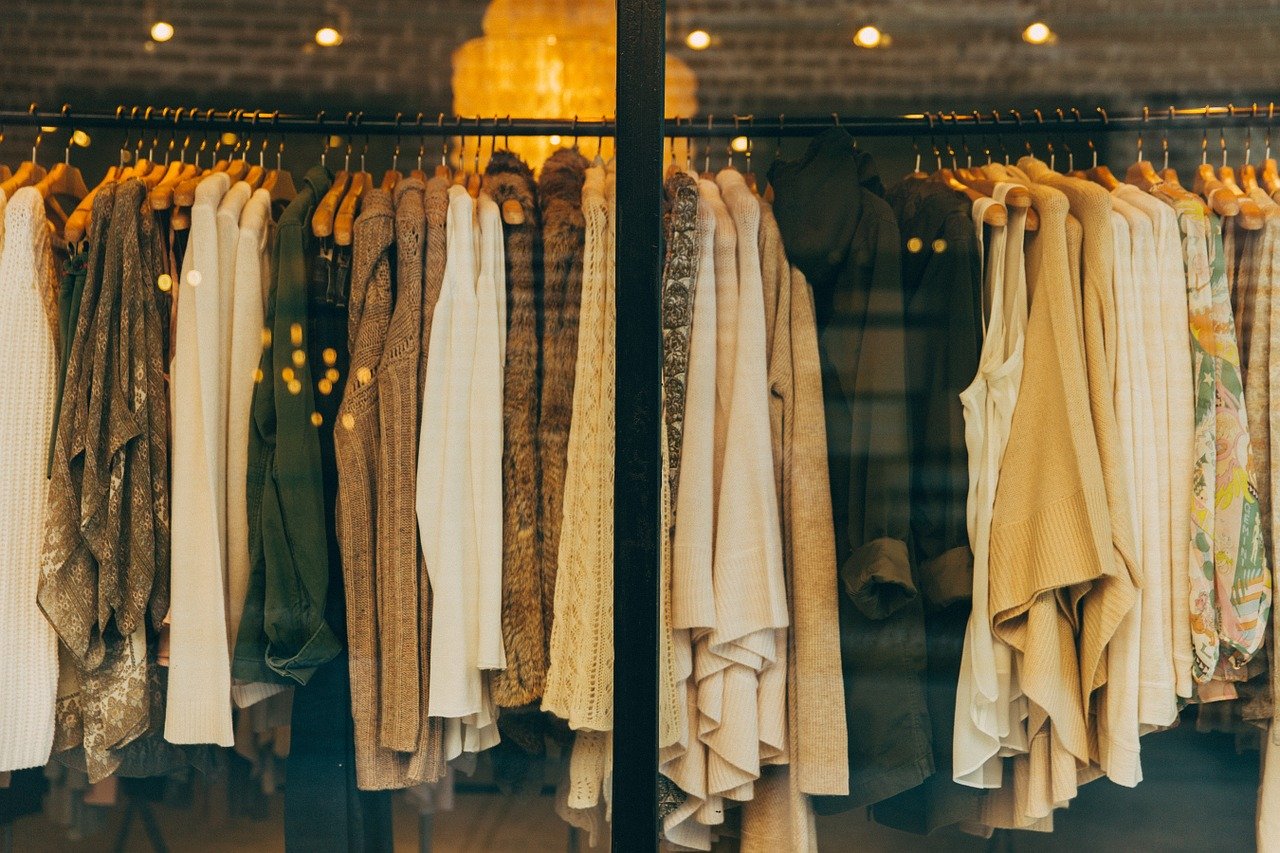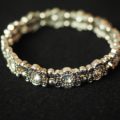We rarely think about clothes because we take them for granted. Then, when we do think about them, we usually do so in a limited way. For instance, we don clothes to help us fit into a subculture or occasion. So, if we are going to a corporate job, we wear formal clothes, and if we are going shopping with a friend, we wear casual attire. Men looking to impress on a night out might wear a close-fitting muscle shirt to show off their physique. Also, now and then, we decide what to wear because of the weather, choosing clothes that help us stay cool on sunny days and warm on snowy days.
The Psychology of Clothes
While, of course, there is nothing wrong with thinking practically about clothes, it’s also possible to think of clothes in a more creative way: as a type of costume we wear to play a role. In other words, we can also view clothes as a way “to get into the mood” to do something. Clothes not only affect how others view us or help us regulate our body temperature, but also influence how we think and feel.
When deciding what to wear, you’re also deciding on how you want to think and feel. Your choice of clothes not only affects how others think of you but also how you think of yourself. Rather than donning clothes based on whims, reflect on what the clothes will do for you and how they fit into a particular role you’re going to play for the next few hours of your life.
Here, then, are two examples of how to think of clothes as a way of creating a mindset shift.
1. Clothes Can Make You Feel More Athletic
If you’re going on a run or doing some yoga, wearing activewear tops can help you feel more like a professional runner or a flexible yogi than a worn-out T-shirt. Besides providing more upper body support, the right attire is also a form of role-playing that will subtly make you feel more engaged in what you’re doing.
This role-playing will change your self-image and improve your performance.
Rather than thinking of yourself as somebody trying to lose weight by jogging around the neighborhood, you’re reshaping your self-image and thinking of yourself as an athlete.
Rather than thinking of yourself as someone stiff with aches and pains, struggling to learn a few yoga postures, you’re reshaping your self-image and thinking of yourself as a yogi developing coordination, balance, and flexibility.
2. Clothes Can Make You Feel More Confident
Have you ever left the house in an outfit that doesn’t quite fit you properly? Or have you ever worn an outfit in a colour that you know doesn’t really suit you? Chances are, on the days you wore these outfits, you felt pretty self-conscious. Wearing the wrong clothes can make you embarrassed, uncomfortable and unwilling to be seen. This can have a seriously negative impact on your confidence.
On the other hand, leaving the house in an outfit you love can make you feel like you could conquer anything. As you walk down the street, coat billowing in the wind, your stride becomes strong and purposeful. Accessories like a belt from Grommet’s Leathercraft or a necklace that has deep meaning to you can help to perfect the look, giving you the confidence to confront anything that might get in your way, including those pesky work deadlines!
3. Clothes Can Make Feel More Productive
There is a reason lawyers dress up in suits and carry supple Italian leather Boconi briefcases, that doctors wear white coats and carry stethoscopes, and that Batman straps on a utility belt. It’s because attire and accessories help them move into the role they play.
How does this apply to you? If you have a home-based business, you might think it unnecessary to get out of your pajamas. After all, the whole idea of working at home is that you can dress any way you like. In fact, the idea of getting formally dressed just to work on your computer in a spare bedroom appears to border on the absurd. But, here’s the thing, you will find it difficult to get into your role as a business person and be productive. Your work will feel more like a hobby than a business. Mary Kay, who understood the psychology of dressing up, insisted her self-employed cosmetic sales representatives abide by a formal dress code. While it may not be necessary to wear formal clothes when working from home, donning some business-casual attire will improve your self-image as you build your business.
In conclusion, clothes can play a significant role in shaping your self-image. In turn, giving your self-esteem a boost will also improve your performance and you’ll get increasingly better at what you’re trying to do.




